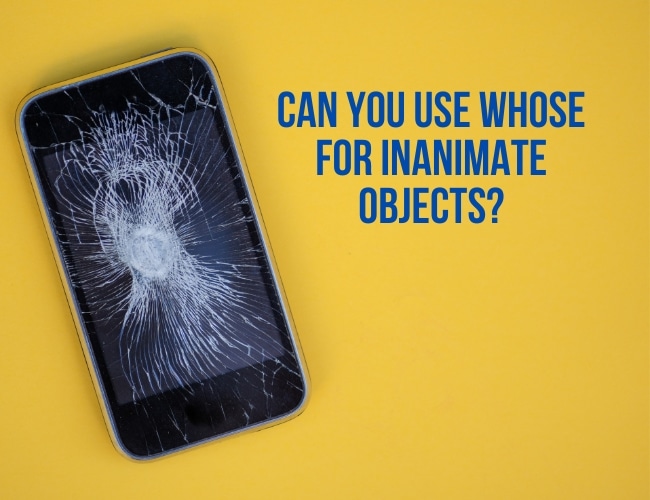
by Liz Bureman |
Today, Joe brought my attention to a strange quirk of the English language: we use “whose” for inanimate objects. It sounds so weird when you use the phrase like, “I placed the iPhone whose screen is broken in the bin,” but it’s technically grammatically correct.
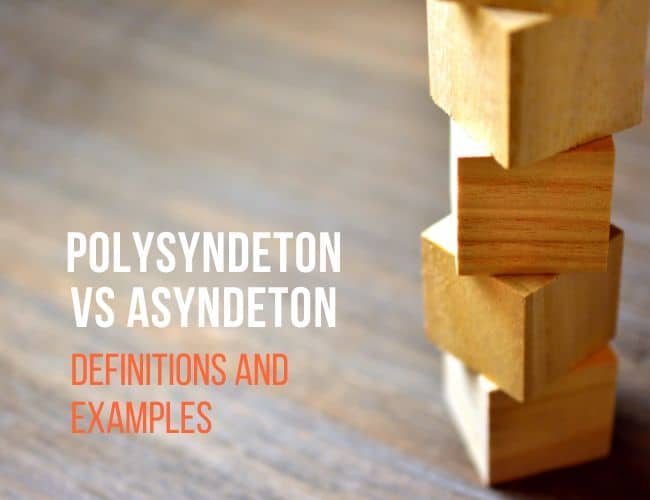
by Liz Bureman and Joe Bunting |
Today, we’ll look at the difference between polysyndeton vs asyndeton, share some examples, and explain how and when to use them both in your writing. Let’s get started!
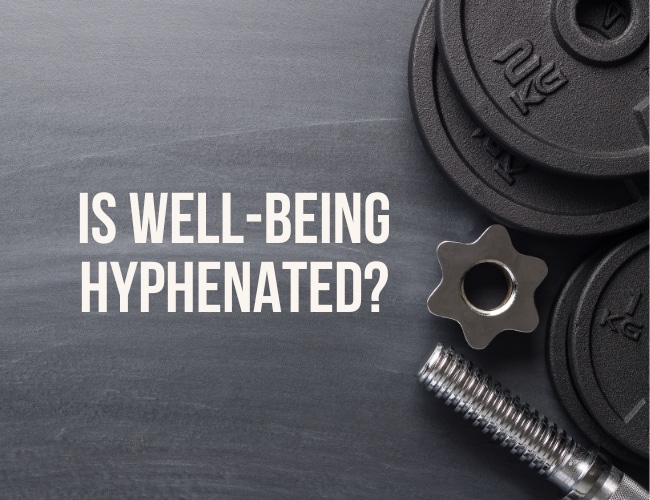
by Robert Harrell |
The Merriam-Webster dictionary tells us that well-being refers to “the state of being happy, healthy, or prosperous.”
Knowing what the term means, though, doesn’t help us with its spelling. For that, an understanding of how words evolve in the English language may be helpful. Let’s explore the correct spelling of well-being. Is it hyphenated or not?
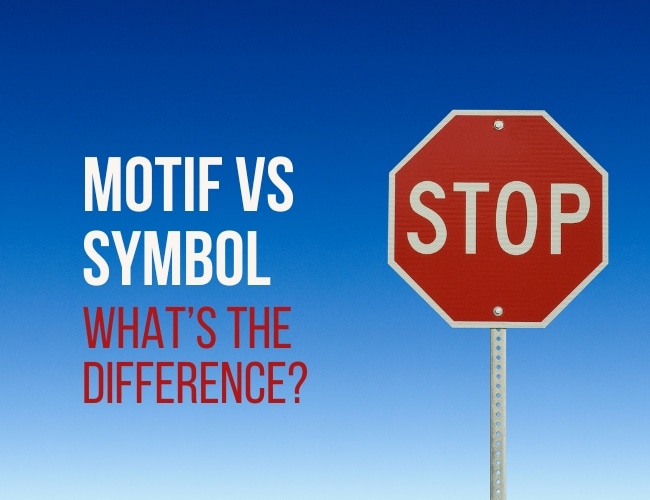
by Liz Bureman |
Using the novel Divergent by Veronica Roth as an example, we look at the difference between a symbol vs. motif, and how they affect the story.
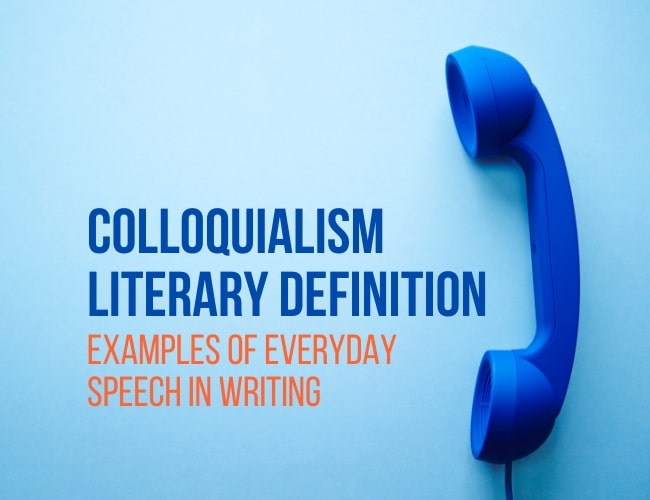
by Robert Harrell |
According to Merriam-Webster, a colloquialism is “a colloquial expression.” Wasn’t that helpful?
When we look up “colloquial,” we learn that it means, “used in or characteristic of familiar and informal conversation.”
So, a colloquialism is an expression used in or characteristic of casual speech. It can also be a local or regional dialect expression. This is critically important to understand as you write dialogue for characters.
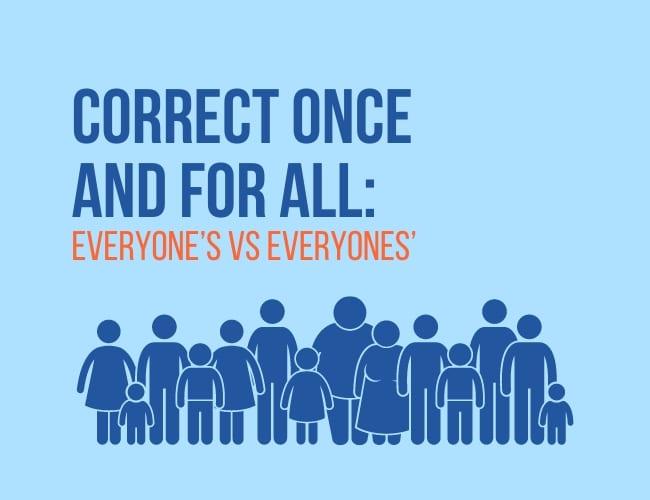
by Robert Harrell |
When you want to give ownership of something to everyone, how do you write it? Everyone’s vs everyones’? And why does this word give everyone so much trouble? Let’s find out.








